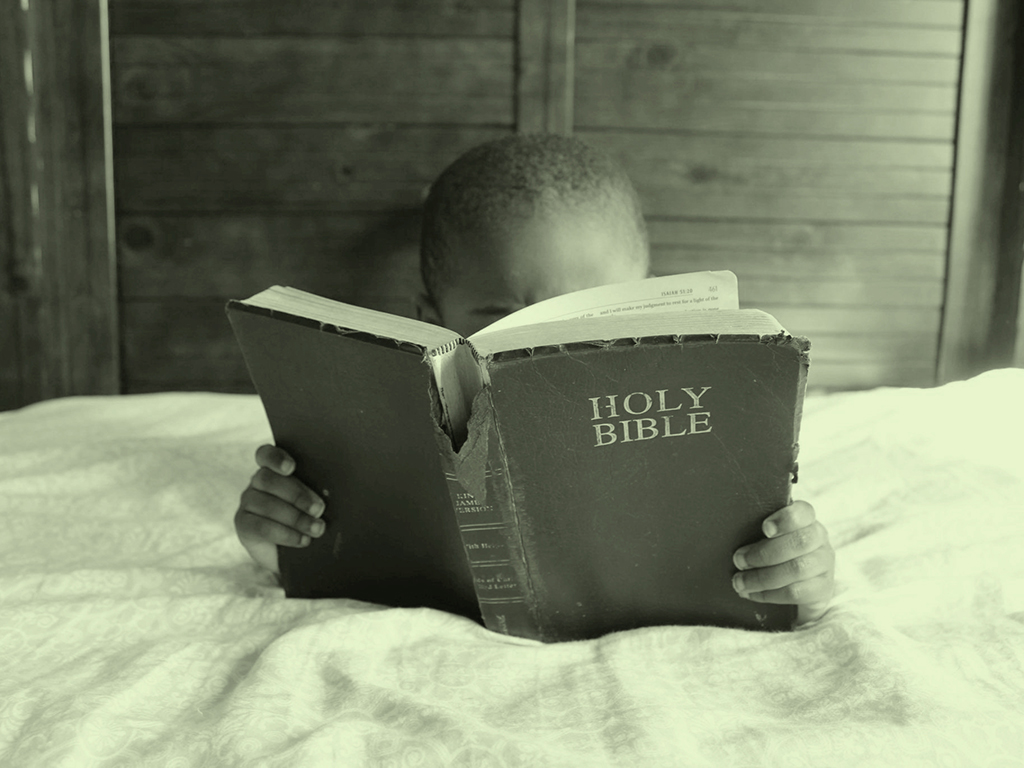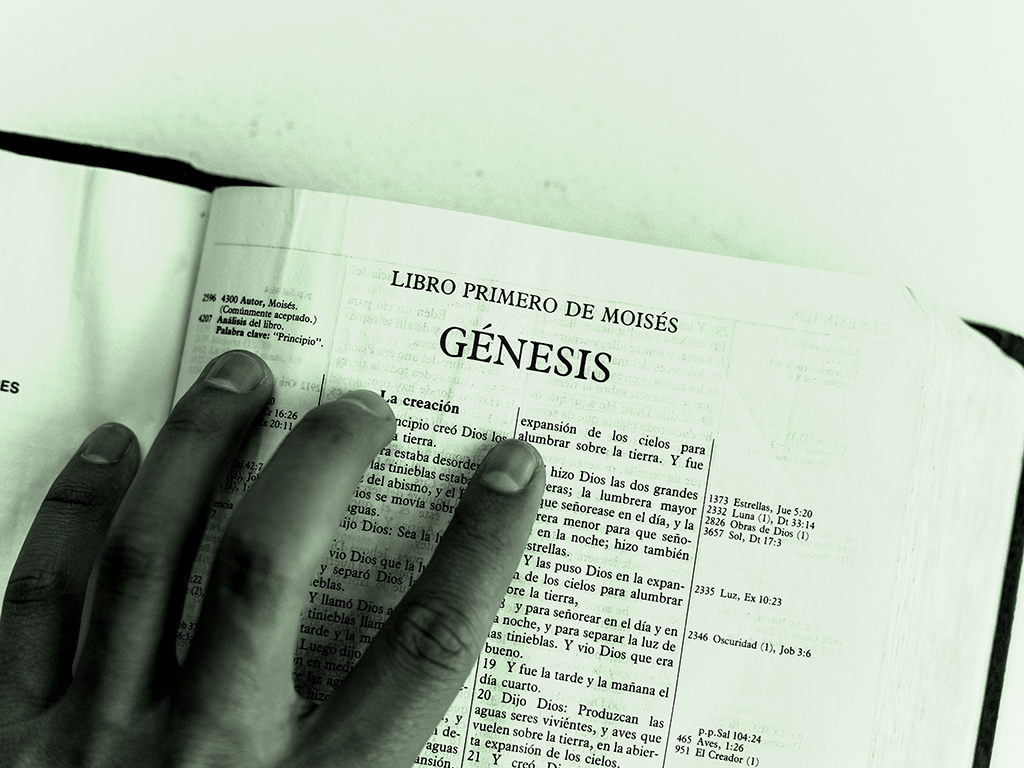1 Thess 4:1-13 – 5:11 resides in the macro-context of the Lord's coming. Paul provides instruction and encouragement about the second coming of Jesus in this macro-context. His instruction and encouragement result from Timothy's report of the Thessalonians. They made an inquiry about what happens to those who die before the Lord's coming. Paul... Read More
Paul embraces his missionary duties by exemplifying fatherly characteristics as described in 1 Thess 3 to exhort the Thessalonians to exhibit appropriate behavior. The Greek lexicon denotes, παρακαλέω in relation to this text as "admonish, exhort". This verb occurs one hundred and five times in the New Testament. The Greek historical... Read More
1 Thess 4:1 – 12 begins Paul's discourse in addressing the Christian behavior that the Thessalonians should exhibit. Prior to this discourse, Paul establishes his apostleship, by expounding upon his missionary behavior in the previous chapter. He argues that his visit with his companions was not in vain. They proclaim and live the gospel, which... Read More
1 Thess 2: 1 – 16 presents Paul's ideological stance about his and his companions' missionary behavior. His ideas emphasize the manner in which missionaries conduct themselves and the impact made upon the Thessalonians. He first describes their mistreatment and opposition for declaring the gospel. He then establishes his argument for why they... Read More
1 Thess 2:1 – 16 identifies Paul's and his companions' behavior in Thessalonica, prior to their eviction. In chapter 1, Paul primarily encourages the believers in Thessalonica as he placed emphasis on the power of the gospel in their lives. Despite his gratitude for their faith, Paul indicates the hardships they endured, while preaching the... Read More
Paul's opening in 1 Thess follows his traditional pattern of addressing the recipients of his letters. His opening includes a greeting, thanksgiving, and prayer report. Paul, remembering the Thessalonians in prayer, attributes the effects of the gospel in the Thessalonians' lives. In verse 4, Paul asserts that God made their election sure or chose... Read More
Paul wrote 1 Thessalonians during his stay in Corinth. This location can be inferred from his mention of Athens in 3:1 - 2. According to Acts 18:11, Corinth is the city visited, where he resided for a lengthy period of time. In addition, Paul wrote the letter upon Timothy's return from Thessalonica. Paul sent Timothy to strengthen and encourage... Read More
Do we praise God because we are holy? Do we praise him for knowing that we are no longer the same, but rather a new creation in Christ? John 1:29 – 34 identifies the inception of holiness through baptism. In John 1:32, John identifies the Spirit descending and resting upon Jesus. This occurrence signified Christ’s anointing, his deity... Read More
What would Christians' lives be like, if we devoted ourselves to living out the Word of God? In this devotion, we would remove anything in our lives that did not match up with the Word of God. For instance Gal 5:16 – 25 provides a comparison of behavior for those who walk by the Spirit versus the flesh. The flesh embodies sin and does not... Read More
1 Thessalonians 2:17 – 3:13 reveals Paul's address to the Thessalonians. Prior to Paul's address, the city officials evicted Paul and Silas from Thessalonica, due to their proclamation of Jesus being the Messiah. Paul now narrates their desire to return to Thessalonica. However, they endure Satan’s afflictions and are unable to return to... Read More










